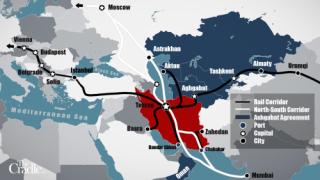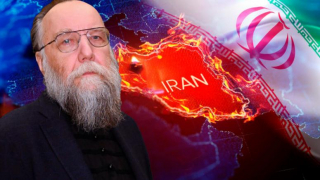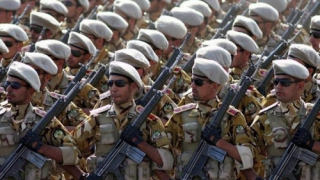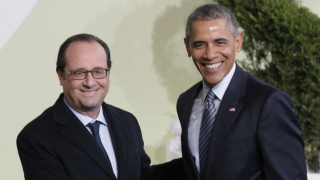Voir aussi
05.06.2017
L’Arabie saoudite, le Yémen, les Emirats arabes unis et Bahreïn accusent Doha de déstabiliser la région et de soutenir des « groupes terroristes ».
23.08.2022
Interconnecter l'Eurasie intérieure est un acte d'équilibre taoïste : ajouter une pièce à la fois, patiemment, à un puzzle géant. Cela demande du...
17.04.2022
Le NSTC représente la convergence physique des grands plans stratégiques de la Russie, axés sur le sud, qui visent à équilibrer les ancrages irano-...
04.10.2024
Les « experts » du réseau tentent activement d'incriminer le nouveau président iranien Pezeshkian en lui prêtant des sentiments anti-russes. Et c'est...
21.02.2023
Dans les médias occidentaux, c'est une image sombre de l'Iran qui domine: manifestations de masse contre le port du voile, combats entre manifestants...
08.10.2024
La troisième guerre mondiale ? Non, celle déclenchée par le tristement fameux Netanyahou n'est pas une guerre mondiale, ni une attaque contre un «...
13.08.2024
La gueule de bois olympique semble toujours d'actualité. Et semble aussi masquer, malgré tout, une réalité mondiale profondément et radicalement...
26.09.2016
« La Russie et l'Iran pourraient devenir les « complices de crimes de guerre » à Alep s'ils ne changent pas d'attitude en Syrie » a par ailleurs...
07.01.2018
L'ancien dirigeant a fustigé les dirigeants du pays qui "vivent loin des problèmes du peuple"
17.08.2016
Un groupe mystérieux de hackers, les "Shadow Brokers", a mis en ligne des codes informatiques présentés comme des programmes destinés à franchir les...
16.08.2016
"Le groupe takfiri-terroriste avait l'intention de mener des opérations terroristes dans le pays", a déclaré Asadollah Razani, le gouverneur de la...
12.06.2017
La crise diplomatique entre l’Arabie Saoudite et le Qatar n’est pas prête de se terminer et prend même des proportions incroyables.













